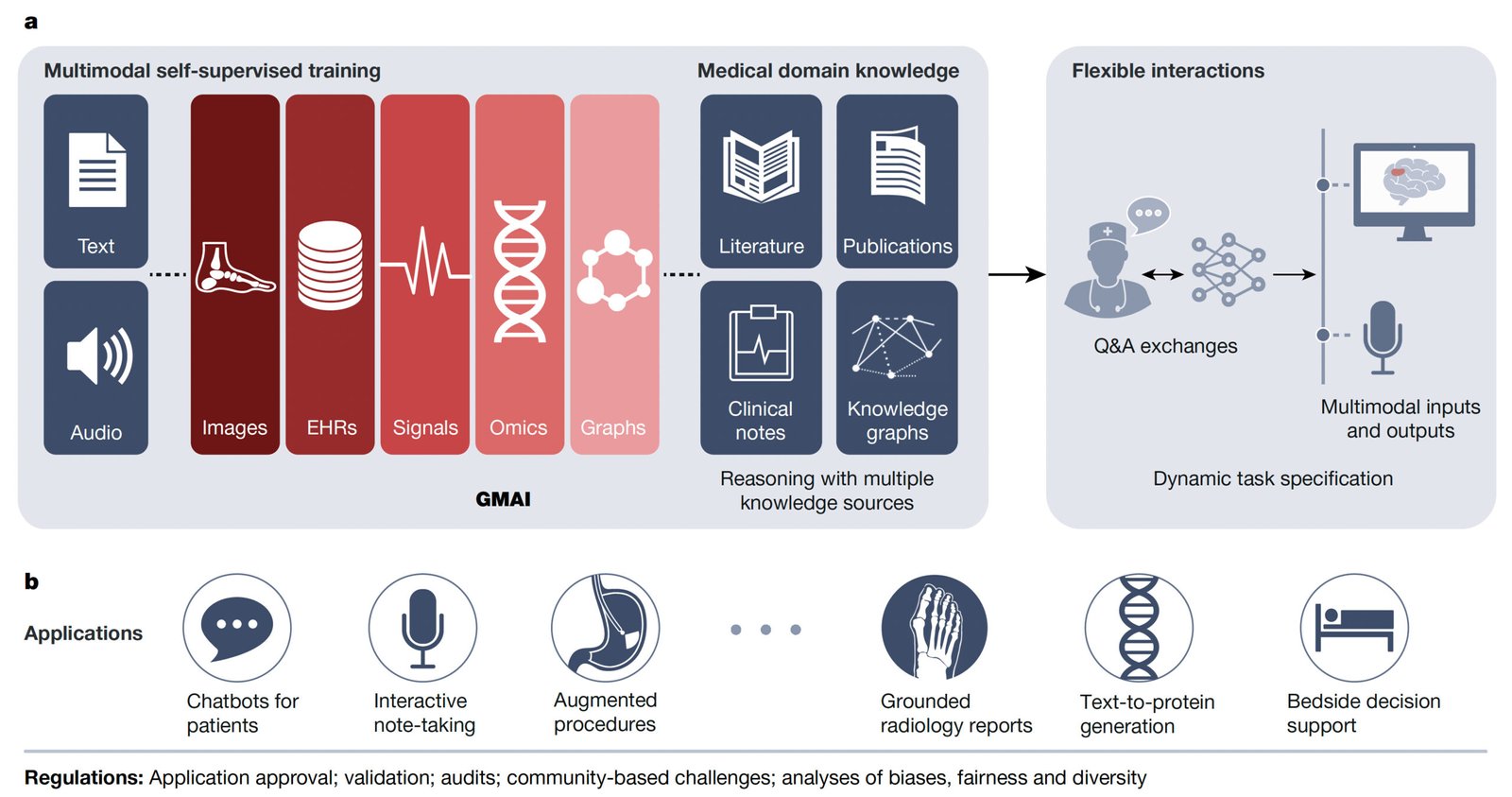Quick Overview
Healthcare leaders are increasingly recognizing the potential of generative artificial intelligence (genAI) to significantly improve the efficiency of clinician workflows. This technology, often associated with platforms like ChatGPT, is seen as a pivotal tool for healthcare organizations, offering unique capabilities that can streamline both administrative and clinical tasks.
Key Insights
- Administrative and Clinical Applications: While most current uses of genAI in healthcare focus on administrative tasks, there is growing interest in its clinical applications.
- Time Savings for Clinicians: GenAI has the potential to save clinicians substantial time, which could lead to improved job satisfaction and patient care, according to Accenture Health Strategy Lead Brian P. Kalis.
- Expert Insights: This week’s HIMSSCast features Brian P. Kalis discussing how genAI can reshape clinician workflows.
Discussion Points
- The current clinician shortage and how technology can help address this issue.
- How generative AI can assist in alleviating the workload of healthcare providers.
- Expected outcomes for hospitals and health systems that implement genAI solutions.
- Other technological advancements that can support healthcare professionals in their roles.
Additional Resources
- What genAI and a renewed interest in NLP mean for healthcare
- How genAI can help solve major pain points in the revenue cycle
- OSF HealthCare mandates genAI training to create an AI-ready workforce
- Generative AI can be applied to nearly every healthcare use case
- Generative AI could augment 40% of healthcare working hours
- How Epic is using AI to change the way EHRs work
